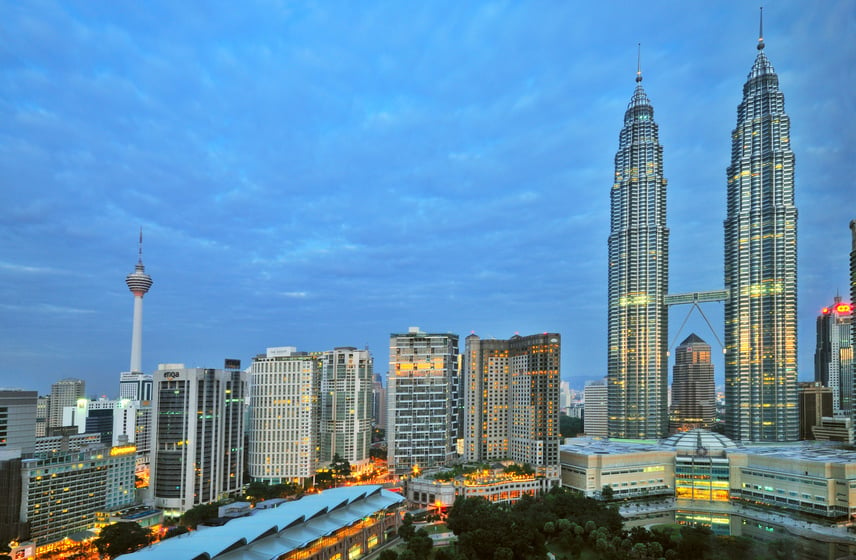In brief
The Malaysian Ministry of Housing and Local Government had on 27 July 2020 issued an announcement for the request for proposal (“RFP“) for a waste-to-energy project in Bukit Payong, Johor on a public-private partnership basis (“WtE Project“). The WtE Project is one of the 6 expected waste to energy projects that the federal government of Malaysia is planning to develop by 2021.
Contents
RFP Conditions
In order to participate in the WtE Project, bidders are required to meet the following conditions:
- at least 51% of the equity in the project company is owned by local Malaysian company;
- experience in solid waste management, including solid waste treatment facilities and landfills;
- experience in operating solid waste management facilities with a minimum capacity of 800 metric tonnes-per-day;
- the proposed technology has a track record of at least 3 years; and
- the proposed technology can operate at least 8,000 hours a year.
The RFP is available for purchase from 18 August 2020 to 7 September 2020 at a price of RM10,000 from the office of the Department of National Solid Waste Management. The RFP submission date is 7 January 2021 but interested bidders are required to attend a mandatory briefing session on 10 August 2020 at the Bukit Payong solid waste disposal site.
Considerations for potential bidders
The following are some key issues that potential bidders should consider and be aware of in participating in the WtE Project:
- The concession agreement and power purchase agreement to be entered into by the project company with the respective counterparties are likely to be non-negotiable, an approach which is common in Malaysia for projects of such nature. Bidders should scrutinize the interface issues between the concession agreement and the power purchase agreement to assess the risks arising from the gaps between these two key project documents.
- Further, if this were the case, there may be bankability issues that may concern international financiers, for instance whether direct agreements with lenders are permitted and whether these agreements include or contain adequate termination payments and specific government force majeure relief. That said, local financiers are typically less adverse to such risks and are well placed to finance such projects.
- Proper site studies and investigations should be conducted as site risk, including underground risks, will likely be assumed by the project company even though the site might be owned by the federal government of Malaysia or relevant State government.
- There may also be resistance and challenges by various interested parties such as the local community and NGOs in relation to environmental, social and health issues.






